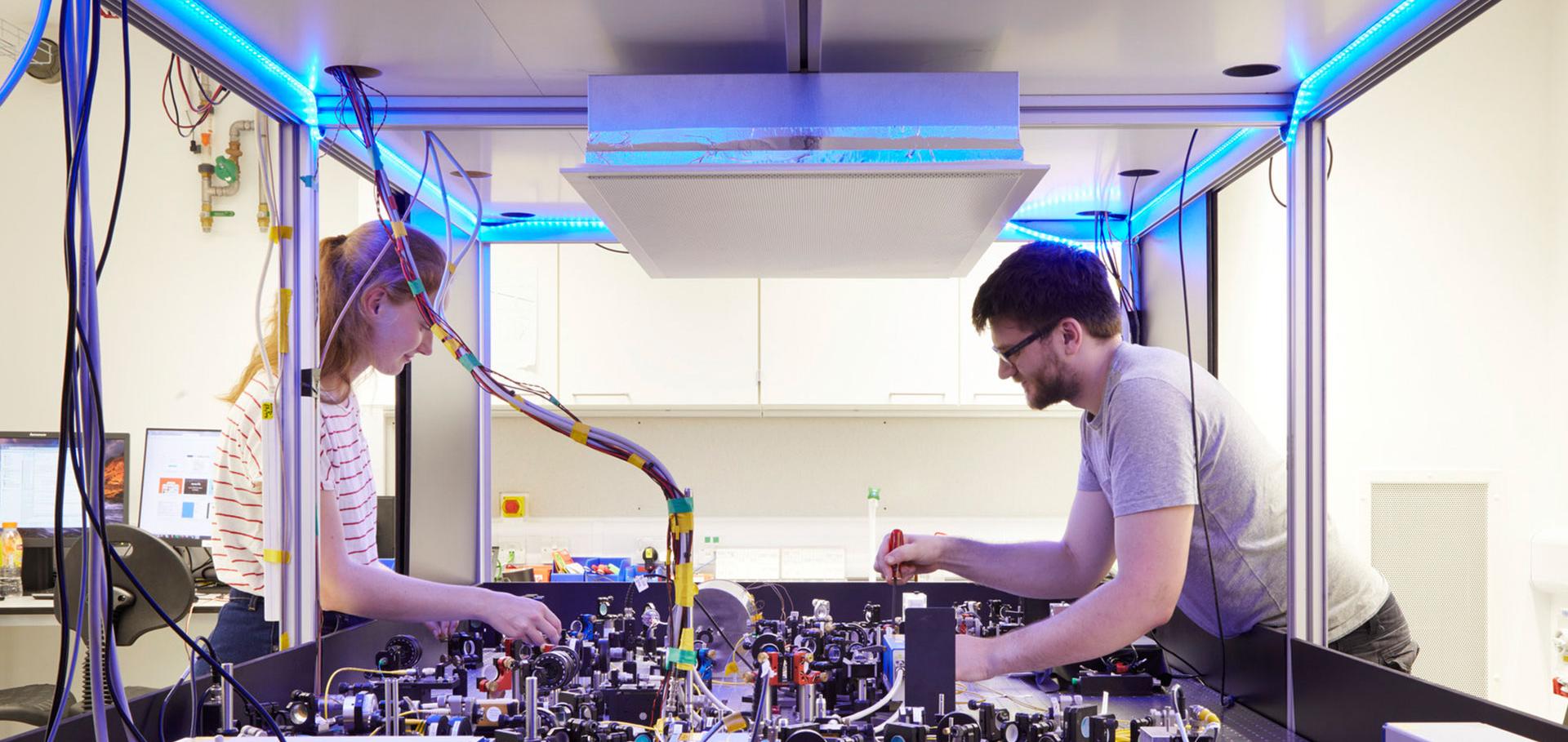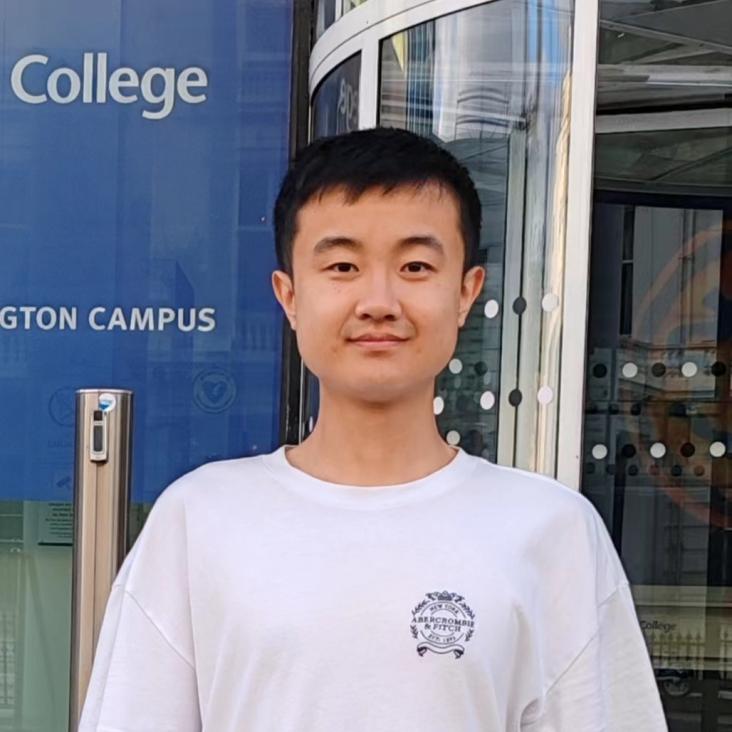Probing spectral features of quantum many-body systems with quantum simulators
Nature Communications Nature Research 16:1 (2025) 1403
Abstract:
The efficient probing of spectral features is important for characterising and understanding the structure and dynamics of quantum materials. In this work, we establish a framework for probing the excitation spectrum of quantum many-body systems with quantum simulators. Our approach effectively realises a spectral detector by processing the dynamics of observables with time intervals drawn from a defined probability distribution, which only requires native time evolution governed by the Hamiltonian without ancilla. The critical element of our method is the engineered emergence of frequency resonance such that the excitation spectrum can be probed. We show that the time complexity for transition energy estimation has a logarithmic dependence on simulation accuracy and how such observation can be guaranteed in certain many-body systems. We discuss the noise robustness of our spectroscopic method and show that the total running time maintains polynomial dependence on accuracy in the presence of device noise. We further numerically test the error dependence and the scalability of our method for lattice models. We present simulation results for the spectral features of typical quantum systems, either gapped or gapless, including quantum spins, fermions and bosons. We demonstrate how excitation spectra of spin-lattice models can be probed experimentally with IBM quantum devices.Perturbative quantum simulation
Physical Review Letters American Physical Society 129:12 (2022) 120505
Abstract:
Approximation based on perturbation theory is the foundation for most of the quantitative predictions of quantum mechanics, whether in quantum many-body physics, chemistry, quantum field theory, or other domains. Quantum computing provides an alternative to the perturbation paradigm, yet state-of-the-art quantum processors with tens of noisy qubits are of limited practical utility. Here, we introduce perturbative quantum simulation, which combines the complementary strengths of the two approaches, enabling the solution of large practical quantum problems using limited noisy intermediate-scale quantum hardware. The use of a quantum processor eliminates the need to identify a solvable unperturbed Hamiltonian, while the introduction of perturbative coupling permits the quantum processor to simulate systems larger than the available number of physical qubits. We present an explicit perturbative expansion that mimics the Dyson series expansion and involves only local unitary operations, and show its optimality over other expansions under certain conditions. We numerically benchmark the method for interacting bosons, fermions, and quantum spins in different topologies, and study different physical phenomena, such as information propagation, charge-spin separation, and magnetism, on systems of up to 48 qubits only using an 8+1 qubit quantum hardware. We demonstrate our scheme on the IBM quantum cloud, verifying its noise robustness and illustrating its potential for benchmarking large quantum processors with smaller ones.Experimental quantum computational chemistry with optimized unitary coupled cluster ansatz
Nature Physics Springer Nature 20:8 (2024) 1240-1246
Mitigating realistic noise in practical noisy intermediate-scale quantum devices
Physical Review Applied American Physical Society 15:3 (2021) 34026
Abstract:
Quantum error mitigation (QEM) is vital for noisy intermediate-scale quantum (NISQ) devices. While most conventional QEM schemes assume discrete gate-based circuits with noise appearing either before or after each gate, the assumptions are inappropriate for describing realistic noise that may have strong gate dependence and complicated nonlocal effects, and general computing models such as analog quantum simulators. To address these challenges, we first extend the scenario, where each computation process, being either digital or analog, is described by a continuous time evolution. For noise from imperfections of the engineered Hamiltonian or additional noise operators, we show it can be effectively suppressed by a stochastic QEM method. Since our method assumes only accurate single qubit controls, it is applicable to all digital quantum computers and various analog simulators. Meanwhile, errors in the mitigation procedure can be suppressed by leveraging the Richardson extrapolation method. As we numerically test our method with various Hamiltonians under energy relaxation and dephasing noise and digital quantum circuits with additional two-qubit crosstalk, we show an improvement of simulation accuracy by 2 orders. We assess the resource cost of our scheme and conclude the feasibility of accurate quantum computing with NISQ devices.Quantum computing quantum Monte Carlo algorithm
Physical Review A American Physical Society (APS) 112:2 (2025) 022428


